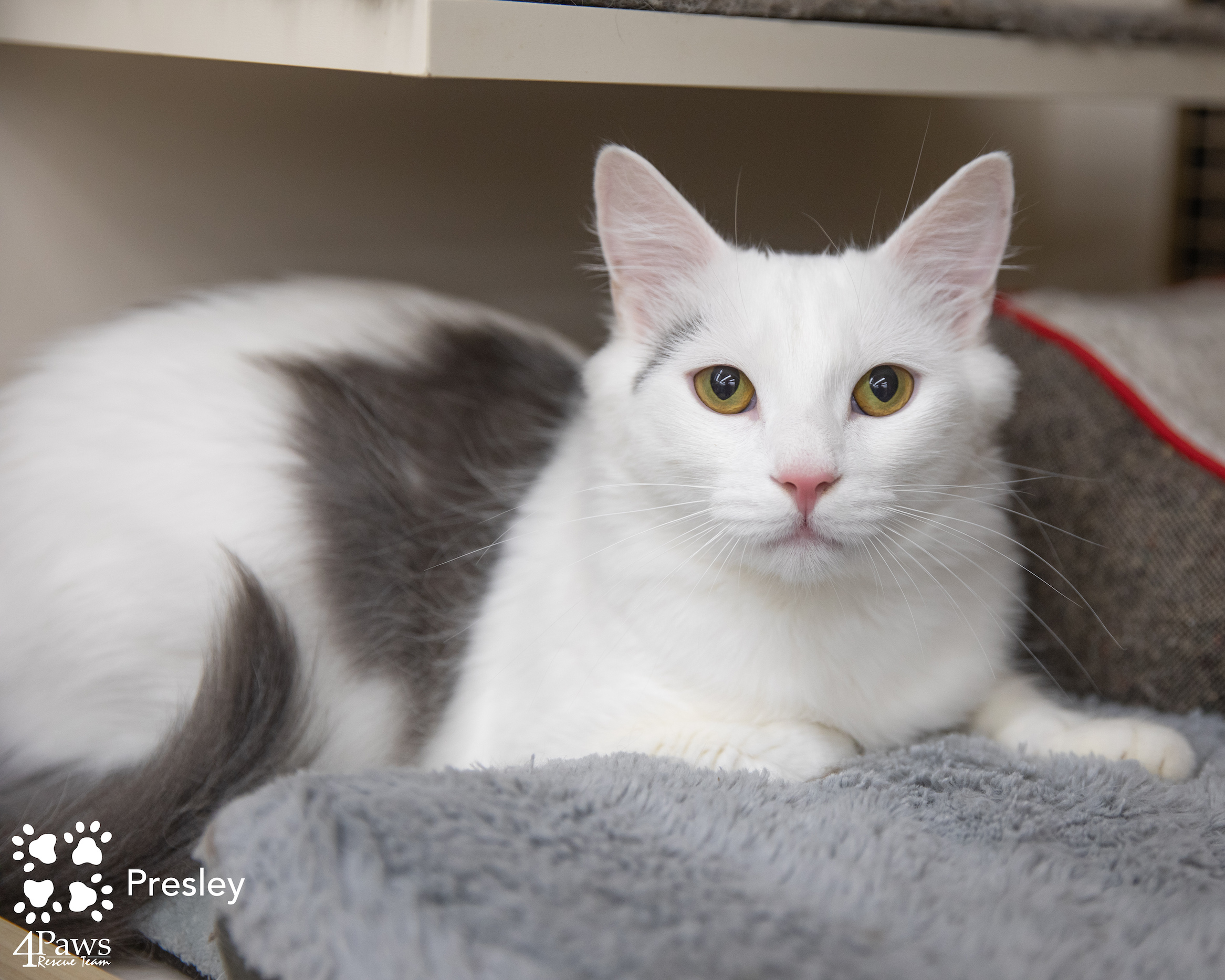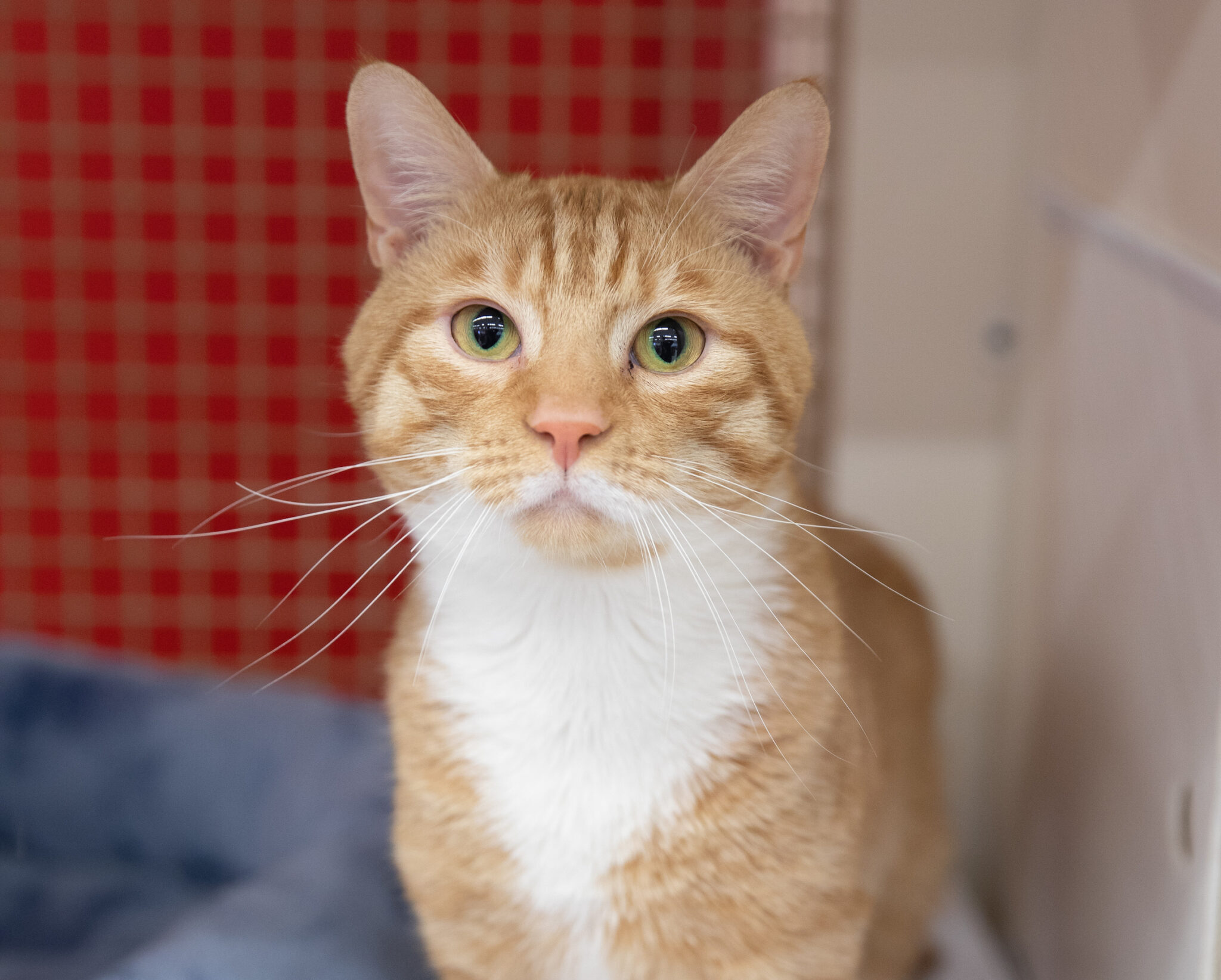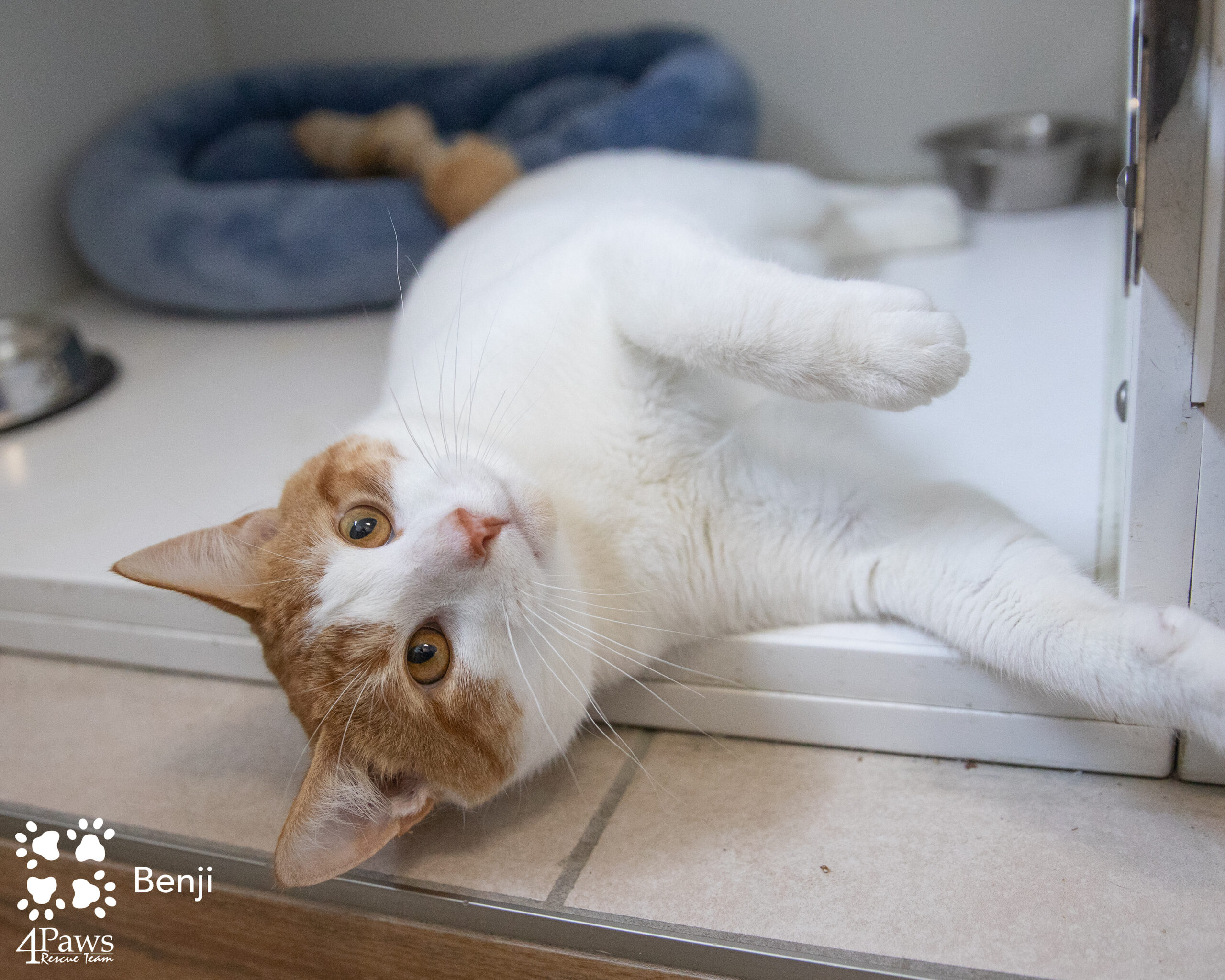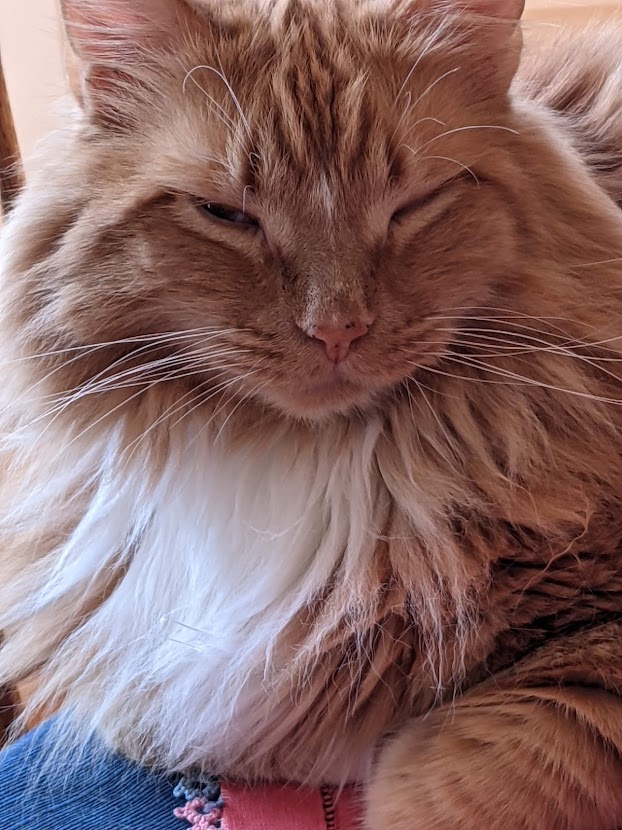Feline obesity is a big problem in the U.S. with some studies estimating that as many as 50% of domestic cats are either overweight or obese. Just like humans, cats that are overweight are at a considerably greater risk of developing a wide range of painful, chronic and sometimes deadly health conditions, such as arthritis, diabetes, and other diseases.
Unfortunately, while some cats will automatically self-regulate their food intake, there are others who lack the capacity to register that they aren’t actually hungry, as well as get so much enjoyment out of eating that they persistently overeat anyway.
In many cases, over-excitement at feeding time and an inability to leave a food bowl with even a scrap inside could be a sign of an underlying medical problem. Parasite infestations, diabetes, and thyroid conditions can all cause a cat to act like they are ravenous all the time.
10 Signs of Food Addiction
So, how do you know if your cat is obsessed with food and what can you do about it?
- Aggressiveness around the food bowl (if you have other pets)
- Rubbing up against your legs while you are in the kitchen
- Breaking into bags of food whenever possible
- Begging for additional food or treats
- Seeming impatient at mealtimes
- Vocalizing louder than usual
- Over-excited behavior at mealtimes
- Seeming over-interested in your food – getting onto the counter tops when you prepare meals, trying to sniff and eat food you have left out
- Constant meowing or pestering owners for food
- Bad behavior at mealtimes
Is your cat hungry because of the wrong nutrition?
It is essential to make sure that you are providing the right nutrition and the right amounts of food for your cat based on individual circumstances. Many foods are targeted towards specific characteristics – such as kittens or geriatric pets. However, if you still aren’t sure if your beloved animal is getting the nutrition and quantity of food needed, you should make an appointment with your veterinarian or a pet nutritionist for further advice.
Helping your cat to become less obsessed with foodBreaking a kitty’s obsession with food will take time and you will certainly have to put up with pleading eyes staring you down on a regular basis. But by standing firm in the amount of food that you provide, you will be doing your cat’s health a favor.
Some of the best ways to help break your cat’s obsession with food include:
- Ensure that you feed only high-protein pet food, as this will help your cat feel fuller much longer.
- Try transitioning to canned food from dry and if your cat is already eating canned, then slowly reduce the amount of food provided.
- Feed your pet little and often throughout the day, but do not leave food unattended in the bowl all day long. Instead remove anything that hasn’t been eaten and your cat will have to wait for the next meal rather than expect to be able to graze constantly.
- If your cat is constantly begging for food, try distracting them with playtime. This may help get your kitty’s mind off needing food and will certainly break up the monotony.
- Reinforce good behavior with lots of love, attention and praise.
In conclusion, if your cat’s behavior around food changes suddenly, it is definitely worth arranging an appointment with your veterinarian who can run tests to determine if there is a medical reason for your kitty’s voracious hunger.




